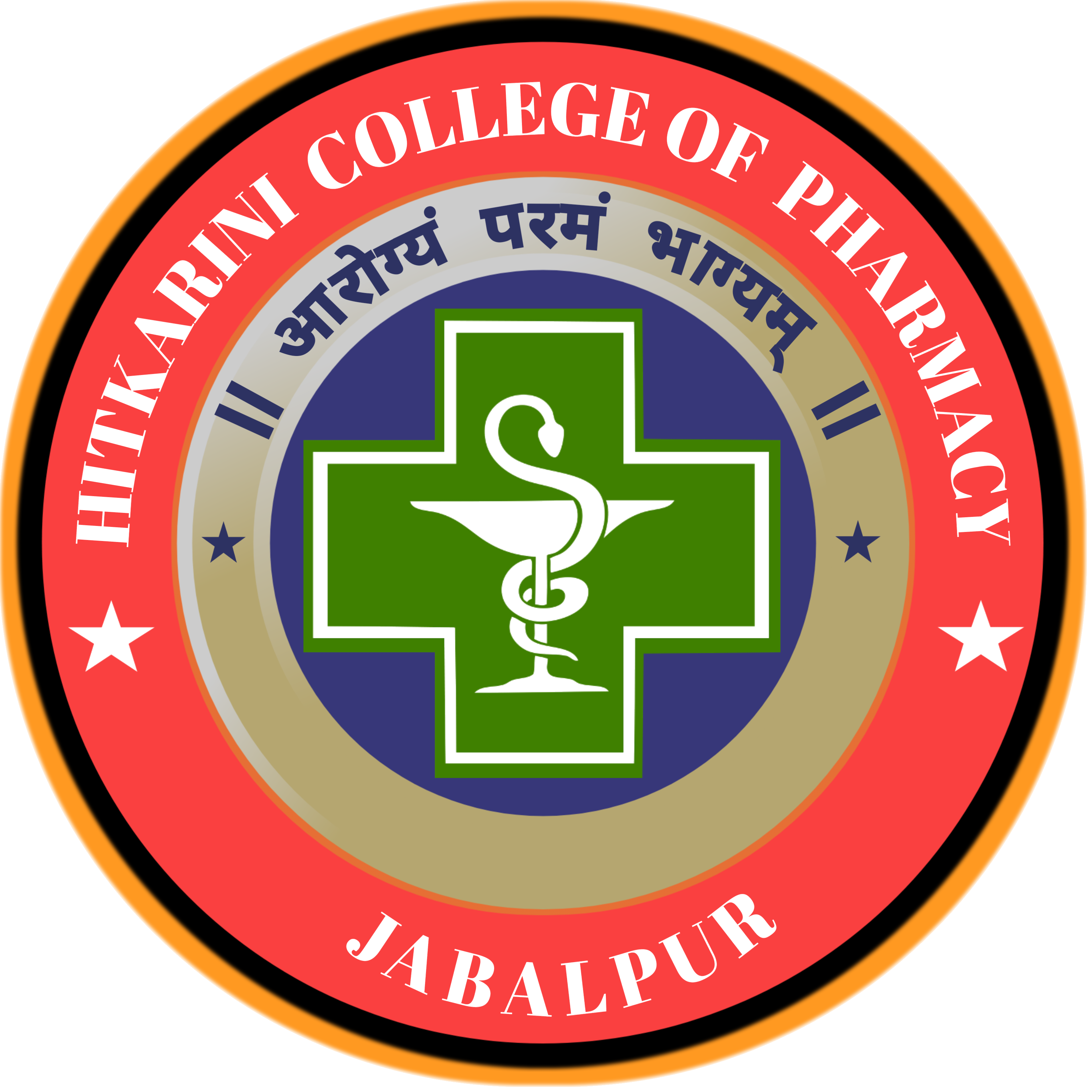PHARMACEUTICAL ORGANIC CHEMISTRY
Pharmaceutical Organic Chemistry is a branch of chemistry that focuses on the study of organic compounds and their applications in the pharmaceutical industry. It plays a crucial role in drug design, synthesis, and development, ensuring the effectiveness and safety of medicinal compounds.
Key Topics in Pharmaceutical Organic Chemistry:
1. Fundamentals of Organic Chemistry: Structure, bonding, isomerism, and reaction mechanisms.
2. Nomenclature of Organic Compounds: IUPAC naming system for different functional groups.
3. Reaction Mechanisms: Substitution, elimination, addition, and rearrangement reactions.
4. Stereochemistry: Optical isomerism and chirality in drug molecules.
5. Functional Group Chemistry: Alcohols, phenols, ethers, carboxylic acids, amines, and their pharmaceutical applications.
6. Heterocyclic Chemistry: Importance of heterocyclic compounds in drug design.
7. Spectroscopy in Organic Chemistry: UV, IR, NMR, and Mass Spectrometry for compound identification.
8. Medicinal Chemistry Applications: Role of organic chemistry in drug discovery and formulation.
Importance in Pharmaceuticals:
• Helps in designing and synthesizing new drugs.
• Provides knowledge about drug interactions and stability.
• Supports quality control and regulatory compliance in the pharmaceutical industry.
Pharmaceutical Organic Chemistry is essential for pharmacy students, researchers, and professionals involved in drug development. Understanding its principles leads to innovations in medicine and improved therapeutic outcomes.



